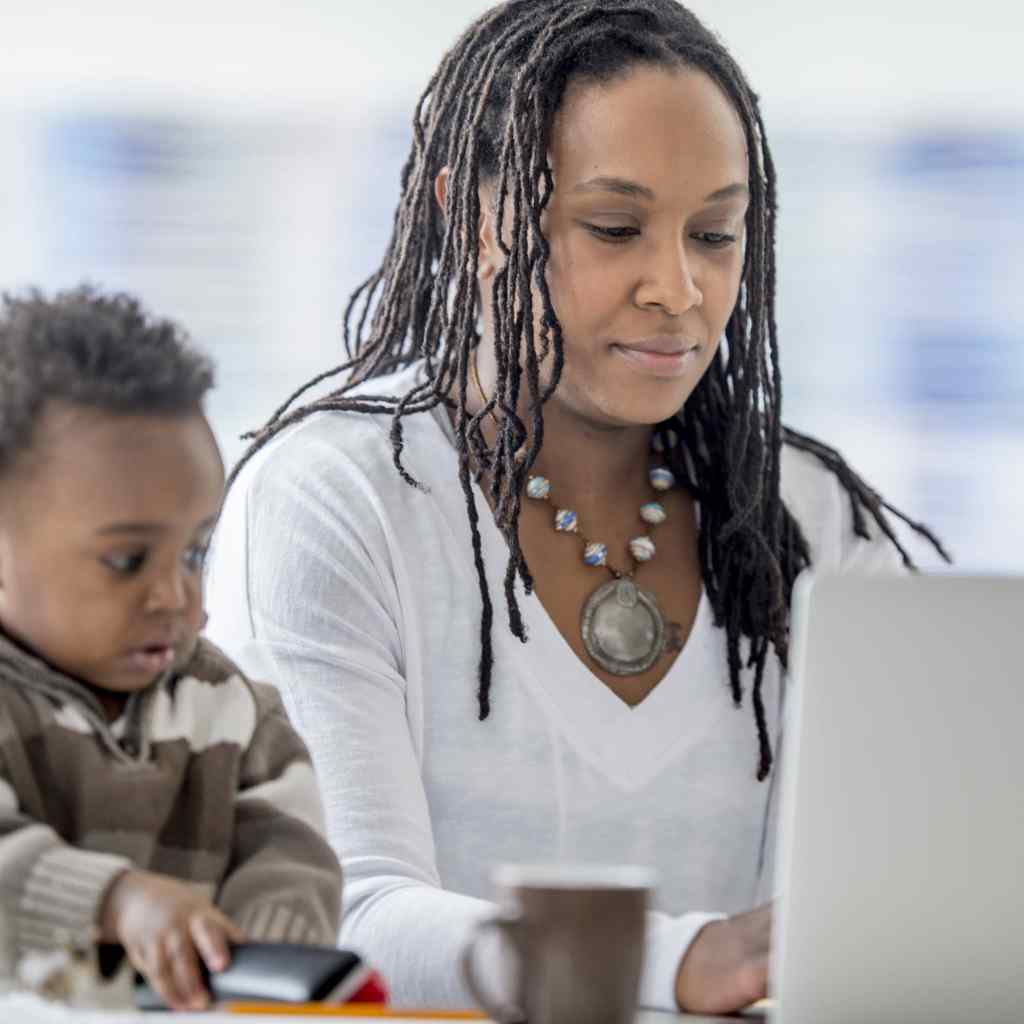Across America, the issue of racism has come to the forefront of discourse in many different formats. If you are a parent and have social media, chances are you might be a member of an online parent group or forum. As a member of a few groups myself, it has become apparent to me that many administrators are grappling with how to address the Black Lives Matter movement and antiracist rhetoric.
Some admins in the groups I’m in have characterized the issue as political, calling it a topic too controversial to be discussed on their pages. This begs the question whether racism is a parenting issue or a political one. Discussion about the former is, of course, allowed in parenting groups. Discussion regarding the latter is usually banned – but I don’t think it should be.
By framing racism as a political issue and discouraging parents from discussing it, I believe mom group administrators and those who support this decision are circumventing an important discussion, and preventing opportunities for personal growth, reflection, and learning. It is important to note that racism is actually a human rights issue. I would therefore posit that a human rights issue is most certainly a parenting issue, and one of critical significance at that.
As parents, it is important to discuss race with our children because they begin observing and differentiating between races from the time they are babies. At just three months, babies demonstrate a significant preference for faces from their own race. Between 2.5 and 5 years of age, social preferences based on race emerge, and by age 5 express preference for their own race – making it even more important to have conversations about race, privilege, and bias early and often with your kids.
This looks differently for different parents. As Annaliese Singh, PhD, LPC, author of The Racial Healing Handbook and associate dean of diversity, equity, and inclusion in the college of education at the University of Georgia, wrote in her book, antiracism requires white people to recognize and learn about their privilege; confront their internalized racism; and interrupt racism when witnessing it. For people of color, it means learning about their own internalized understanding of race and racism. Part of this learning is done through conversations with friends, family, peers, and even strangers on the internet, which is why I believe it’s so important to discuss racism in parenting groups. As long as the discussions are respectful and focused on learning and teaching kids, these online groups are an excellent resource for parents to support each other as they learn to be anti-racist and learn how to raise antiracist kids.
Antiracism is a practice that must be modeled every day. As parents, we have an opportunity to teach our kids, not only in our online groups but also in our homes and communities. We ought to sit and listen, to speak up, be allies, and take action to build a better future for our children and the generations to follow. Which is why I’m asking my parenting groups to allow discussion, and not to silence or discourage. Mom groups should be a place where we can talk about all things parenthood – including complex subjects like racism and raising antiracist kids. The future is up to us, because as parents, we are raising the future. I think taking the step to foster open dialogue can help make it one full of light and love, solidarity, and equality.

